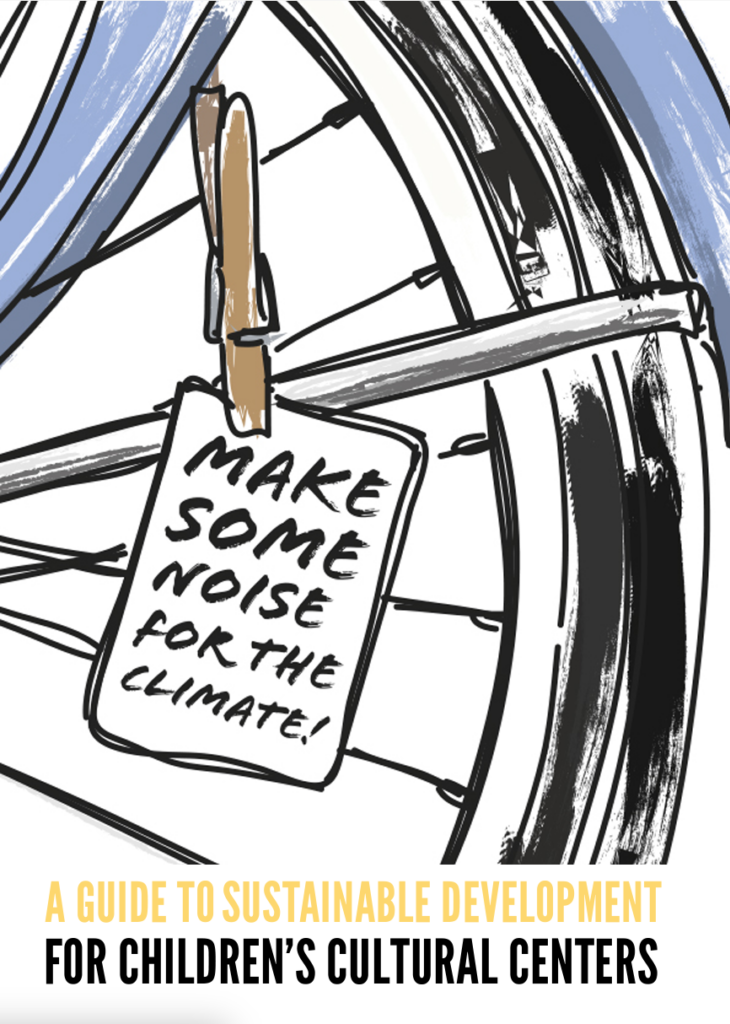Why children’s cultural centres must educate on sustainable development
The activities of the Association of Children’s Culture in Finland are founded on the UN Convention on the Rights of the Child, particularly Article 31, which states that every child is entitled to participate freely in cultural life and the arts. The core values of the Association are quality, equality, a child-centred approach and art. The Association enables and coordinates national and global cooperation to increase and develop children’s cultural activities focused on equality and promoting wellbeing throughout Finland. The children’s cultural centres are focused on children and young people in order to promote their rights through art and culture.
The UN Convention on the Rights of the Child enshrines a child’s indisputable right to a good future and this is particularly evident in Article 6 (guaranteeing every child the inherent right to life and development to the maximum extent possible) and Article 24 (emphasising the right to clean drinking water and an unpolluted environment). The Finnish Constitution also highlights the responsibility of all people towards nature and its diversity, the environment, and cultural heritage. Public authorities must strive to ensure that all people have the right to a healthy environment and the opportunity to influence decisions regarding their environment.
Guide to Sustainable Development for Children’s Cultural Centres

Practitioners of children’s arts and culture can respond to the growing concerns of children and young people by identifying and addressing their feelings about the environment through arts and culture. Our goal is to provide inspiration, tips and challenges for these opportunities. The guide focuses primarily on ecological sustainability but also explores other goals for a sustainable future.
Photo: Student work from the Tampere Art Arc (Tampreen Taidekaari)

